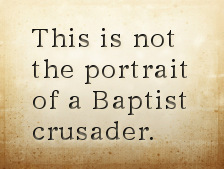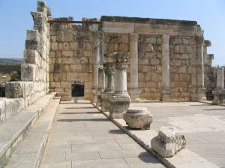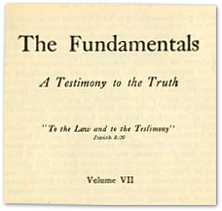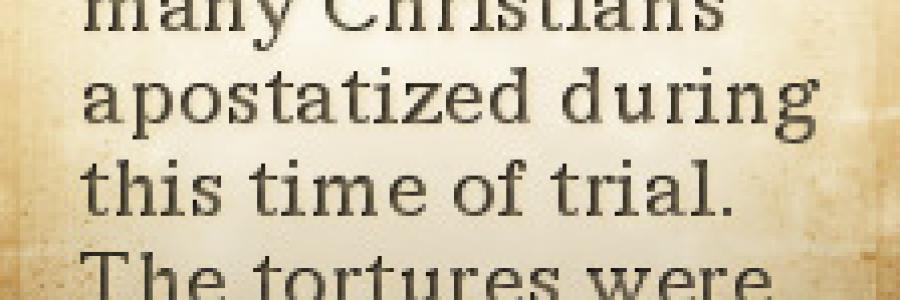Were the Novatians Early Baptists? Part 2
 Read part 1.
Read part 1.
The doctrine of baptism
Baptists believe the New Testament teaches that baptism is only for a believer, by immersion, upon a profession of faith, as a step of obedience and public testimony. Baptists do not believe baptism is a means of grace or regeneration. Novatian disagreed with all of these propositions.
On the Apostolic Tradition (possibly written by Hippolytus) records the practices of the church in Rome in the early third century.1 Since the Decian persecution, and the subsequent Novatian schism, took place during the early to late 250s AD, the Apostolic Tradition is a very important resource for understanding how the church at Rome likely operated in Novatian’s day. It is a fact that the church practiced infant baptism:
You are to baptize the little ones first. All those who are able to speak for themselves should speak. With regard to those who cannot speak for themselves their parents, or somebody who belongs to their family, should speak. Then baptize the grown men and finally the women, after they have let down their hair and laid down the gold and silver ornaments which they have on them. Nobody should take any alien object down into the water.2
 Reprinted with permission from
Reprinted with permission from  (
(
Discussion